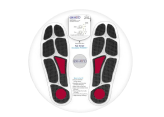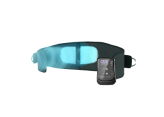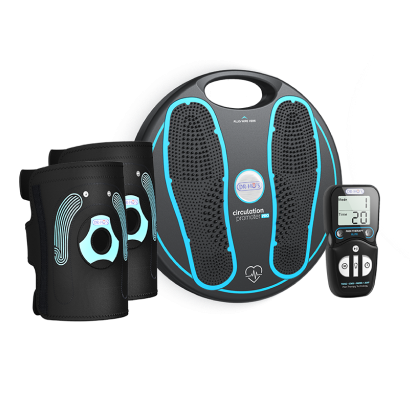Interest Based Ads
We or third parties such as ad networks and other advertising companies may serve advertisements on our Web Sites and on other websites such as social networking sites. We or those third parties may use technologies such as cookies, browser cookies, flash cookies, web beacons or embedded scripts to report certain information about your visits to DR-HO’S Web Sites and other websites. Examples of this type of information are web pages you visit and your response to ads. We use this information to measure the effectiveness of our marketing campaigns, better understand our users and to deliver ads that are more relevant to you, both on and off our Web Sites. To learn more about these tools and how you can control them, see below.
DR-HO’S adheres to the Digital Advertising Alliance of Canada’s (DAAC) Self-Regulatory Principles for Online Behavioural Advertising. To learn more and to opt-out of having your information used by participating companies for online behavioural advertising purposes, please visit http://youradchoices.ca/choices. Please note that if you choose to opt-out you must opt-out of each web browser on each computer, mobile device and tablet you use. If you opt-out of receiving interest-based ads, you will continue to receive advertising, but it will not be tailored to you based on your online behavioural information.
We may also use services provided by third-party platforms, including social networking platforms, to serve you tailored ads. We do this by providing a hashed version of your email address or other information to the platform provider.
To opt-out of this type of tailored advertising, please contact us at:
Phone: 1-877-374-6669
Mail: DR-HO’S (Attention: Privacy Manager), 145 Anderson Ave., Markham, ON L6E1A4, Canada
Cookies and Other Automated Online Information Collection
Cookies and other automated online information collection (such as web beacons and embedded scripts) may be used on websites, ads and e-mails to identify users, collect information and provide users a more efficient, personalized and enjoyable user experience by:
- improving websites and online services
- permitting market research, campaigns and web analytics
- tailoring ads, websites and online services to users' likely interests
Cookies
In general, a cookie is a file that a website places on a user's computer to identify it and to maintain its unique information from page to page (whether the user is logged in or has placed items in their shopping cart, for example). Cookies include browser cookies and Flash cookies stored on a user's hard drive.
Browser Cookies
Browser cookies typically enable a website to identify a user the next time he/she visits. This lets a website remember a user's preference or lets a user remain signed in to a website or view products that were placed in a shopping cart. Typically, most web browsers allow users to view, disable or delete browser cookies, accept or reject cookies entirely or by specific site, and notify a user each time a cookie is offered.
Flash Cookies
Flash cookies are cookies that are stored and accessed using Adobe Flash. Flash cookies are ordinarily larger than browser cookies, and take up more space on a user's computer allowing more information to be stored. Users can manage and control settings concerning Flash cookies on their computer by visiting the Adobe® Flash® Player website at:
https://www.macromedia.com/support/documentation/en/flashplayer/help/settings_manager02.html
To learn more about Flash cookies, visit the Adobe® Flash® Player website at:
https://helpx.adobe.com/flash-player/kb/disable-third-party-local-shared.html
Web Beacons
Web beacons are bits of code embedded in web pages, ads, images and e-mails that record activities such as when a user has visited a certain page, when an e-mail was opened, or whether certain ads on a website and other sites were effective. By turning off browser cookies, a web beacon ordinarily should not be able to record the user's unique information, even though it will still identify the website visit or other activity.
Embedded Scripts
Embedded scripts are also bits of code that measure how a user interacts with a web page (which links are clicked on, for example). Scripting functionality, such as JavaScript, may be turned off via your web browser.
Please note: If a user exercises their choice to reject or disable cookies or other automated means, users may not be able to take advantage of the full features and functionality of a website.














